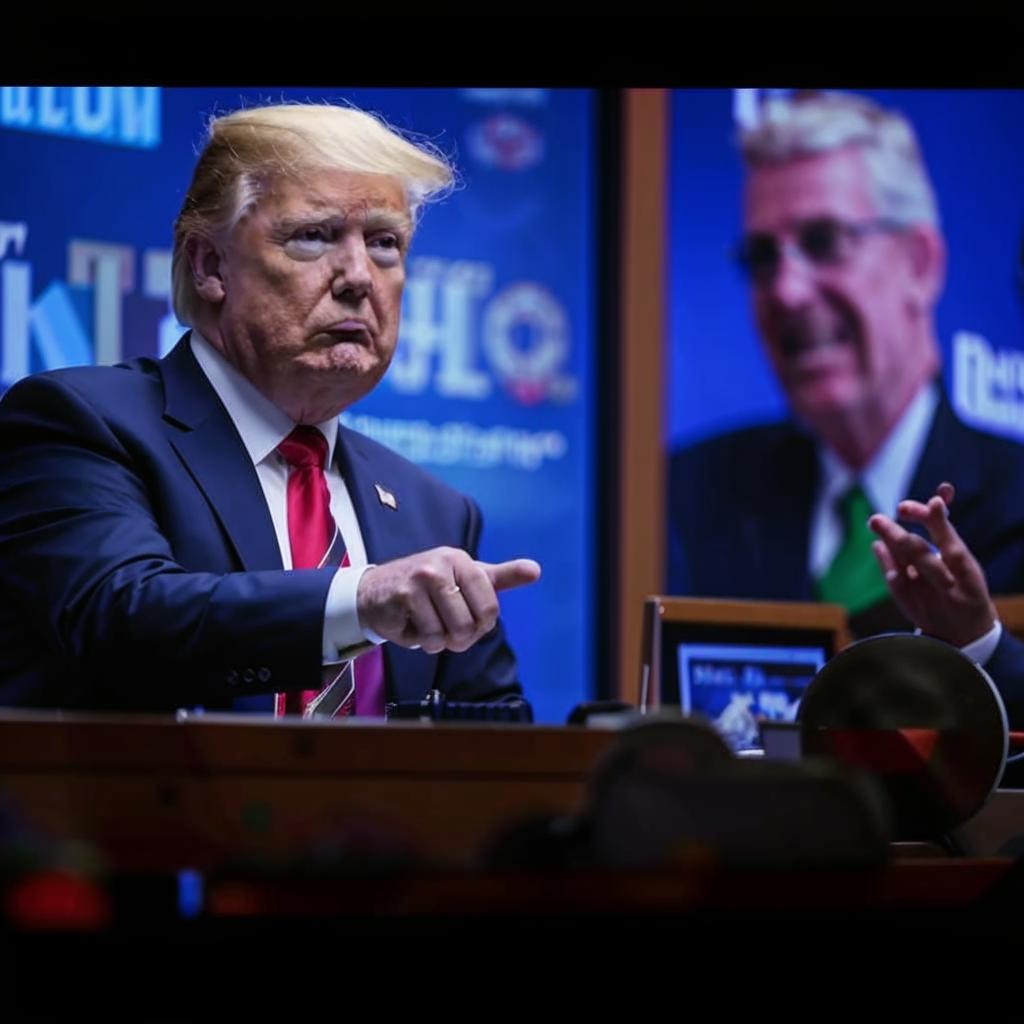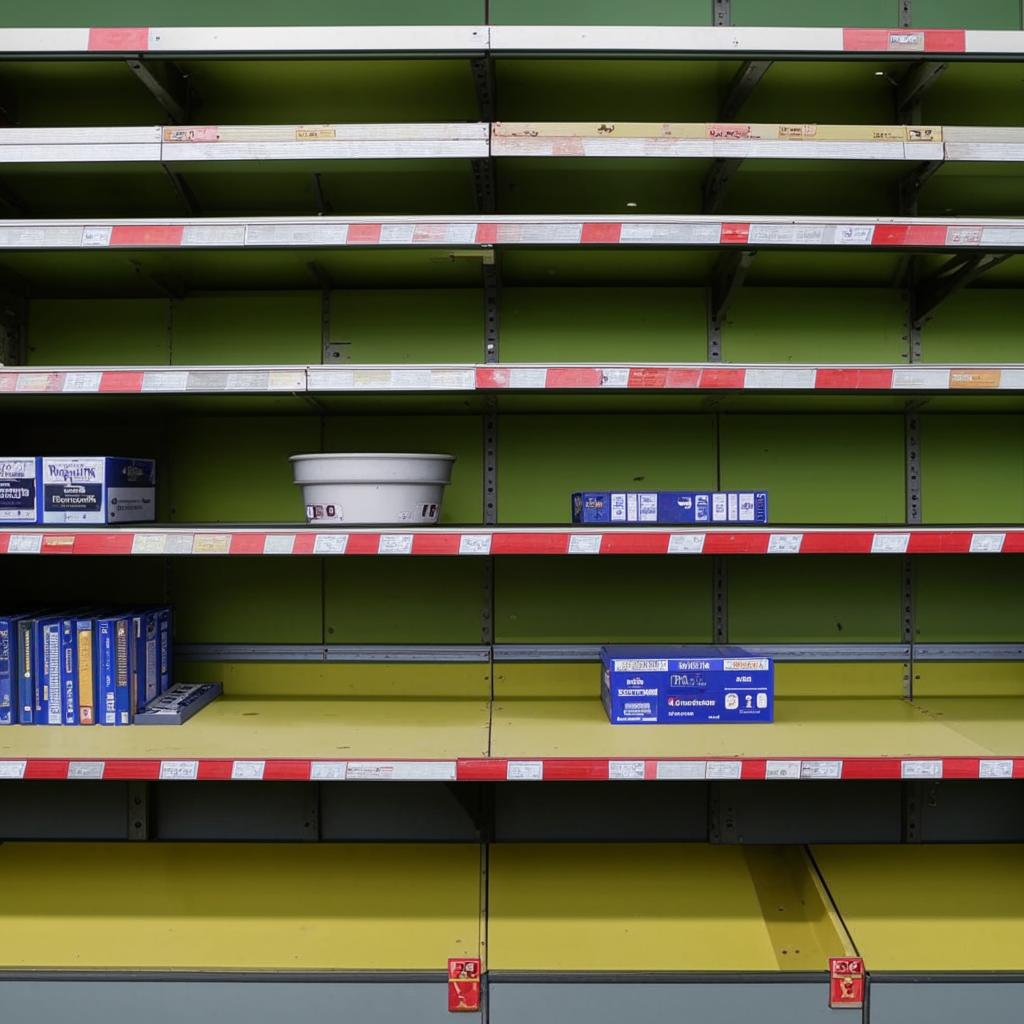Donald Trump has intensified his criticism of Federal Reserve Chair Jerome Powell, signaling a growing rift between the White House and the central bank. Trump’s escalating attacks come amid concerns about slowing economic growth and the potential impact of trade policies. He has repeatedly blamed the Fed’s interest rate hikes for hindering economic expansion, arguing that they have stifled business investment and made American exports less competitive.
Trump’s rhetoric has become increasingly pointed, questioning Powell’s leadership and suggesting that the Fed chair is deliberately undermining his administration’s economic agenda. This unprecedented level of presidential interference in monetary policy has raised concerns about the Fed’s independence and its ability to make decisions based solely on economic data, not political pressure.
Critics argue that Trump’s attacks on Powell are not only inappropriate but also potentially counterproductive. Undermining the Fed’s credibility could erode investor confidence and destabilize financial markets. Furthermore, they contend that the Fed’s monetary policy decisions are based on careful analysis of economic indicators and that attempting to influence them for political gain could lead to inflation or other economic problems.
While some economists agree that the Fed’s interest rate hikes may have contributed to slower growth, others argue that they were necessary to prevent inflation and maintain long-term economic stability. They point to factors such as global economic slowdown and trade tensions as having a greater impact on the US economy. The situation is evolving, and the relationship between Trump and the Fed remains a key factor in the economic outlook.















